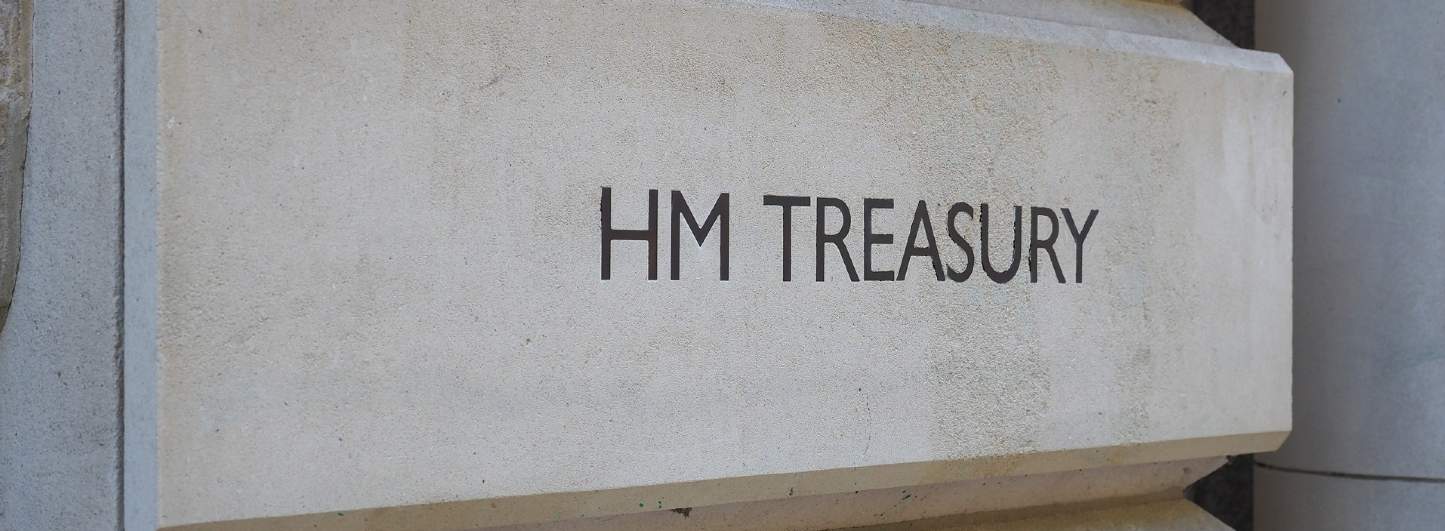My colleagues in Rating and Capital Allowances have, as ever, been quick to assess the technical changes and implications of Labour’s first Budget in over a decade. A week on from this momentous event my take-away on the wider implications for commercial property is beginning to feel more like a shrug than a shocked face. Indeed, the overall tone feels about as cut-and-paste from a classic Labour budget as it would be possible to imagine.
At a macro-economic level I am left with three questions: Firstly, am I more or less confident in a steady economic recovery than I was before the Budget? GDP and productivity growth have been underwhelming for some time, and the latest OBR forecasts don’t really suggest that this is going to change. While there’s no doubt that a recovery is underway, the scale of forecast GDP growth looks unlikely to correct the estimated 15% decline in business investment since 2016.
In a typical Labour Government fashion, growth in investment will be easier to find in the public sector, and I have no doubt that capital spending on infrastructure will benefit commercial property owners and investors either directly or indirectly.





.jpg)




